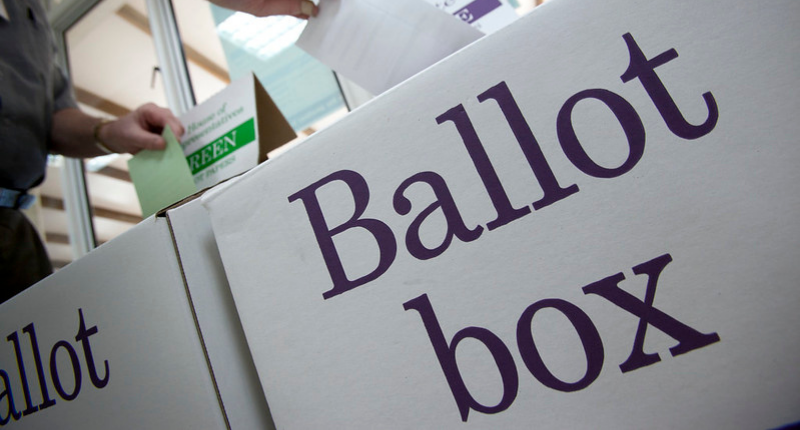
- Affordable housing remains a primary concern for the real estate industry
- Encouraging migration and investment into Australia has also been common
- Sustainability remains an important issue
Housing and real estate were hot topics in the lead up to this year’s federal election being called for 21 May, with various home guarantee schemes announced in the final days of March.
That conversation has died down somewhat over the first two weeks of campaigning, the Coalition’s Scott Morrison and Labor’s Anthony Albanese in the headlines instead for submarines, and sub-standard memories.
But whether you know offhand the cash rate, WPI or any other statistic, what is the housing industry calling for this election?
Federal election platforms at a glance
So far, three industry bodies have released their election platforms, with the Urban Development Institute of Australia (UDIA) putting up a six point plan, the Property Council of Australia (PCA) a seven point plan, and the Strata Community Association (SCA) putting nine recommendations to those who will go on to form the next federal government.
The PCA’s “7 steps to a prosperous Australia” include:
- Help our CBDs bounce back,
- A ‘Welcome to Australia’ plan to become a magnet for talent and capital,
- Unlock housing supply and boost affordable housing,
- Supporting older Australians with appropriate and age-friendly housing
- Liveable and connected cities
- Plan for net zero emissions in buildings, and
- A productivity agenda that makes our cities engines of growth.
The SCA has nine recommendations across three priority areas:
- Creating smarter, greener and more efficient strata communities,
- Establish a national strata sustainability fund,
- Fund education for the strata industry on existing and future schemes and methods to improve sustainability schemes, and
- Incentivise the uptake of sustainability initiatives through direct investment in strata schemes.
- Making insurance affordable and accessible for strata, and
- Create an effective reinsurance pool, and a strata titles mitigation plan,
- Commitment and support to pressure or partner with state governments to reduce stamp duties, taxes and levies, and
- Mitigation funding by government has the potential to reduce damage caused and insurance premiums.
- Eradicating the high prevalence of building defects in strata complexes.
- Commit to the implementation of the model guidance from the building confidence report,
- Support the introduction of rating tools that give consumers more transparency when purchasing apartments in strata, and
- Expand building warranty schemes.
The UDIA’s six point “Plan for Prosperity” includes:
- A home for everyone,
- Population for prosperity,
- Core infrastructure for more liveable communities,
- Make planning systems work more efficiently,
- Streamline environmental approvals, and
- Keep capacity & create efficiency.
The synergies
Both PCA and UDIA are calling for greater housing affordability, with the current housing crisis likely to get much worse.
The UDIA is calling for wider reform from the states, with monitoring and reporting by the National Housing Finance and Investment Corporation. The UDIA is also calling for an overhaul of planning, funding and delivery of enabling infrastructure linked to better outcomes that grow cities and housing supply.
The PCA plan to tackle affordability includes a reset to the National Housing and Homelessness Agreement to ensure states and territories meet housing supply targets in order to continue receiving federal funding under the arrangement.
Among other points, the PCA also called for rental support, specifically the creation of a new pipeline of quality rental housing, and a bilateral deal that would see both federal and states jointly funding housing supply pipelines in key housing corridors.
Both the UDIA and PCA are also calling for the next federal government to look beyond our own borders and encourage migration back to the Great Southern Land. In PCA’s platform, it calls for talent and capital, which includes international students, suitable quarantine facilities, and improved regulatory frameworks for tax and foreign investment.
More industry bodies are expected to release their election platforms in the weeks to come.







